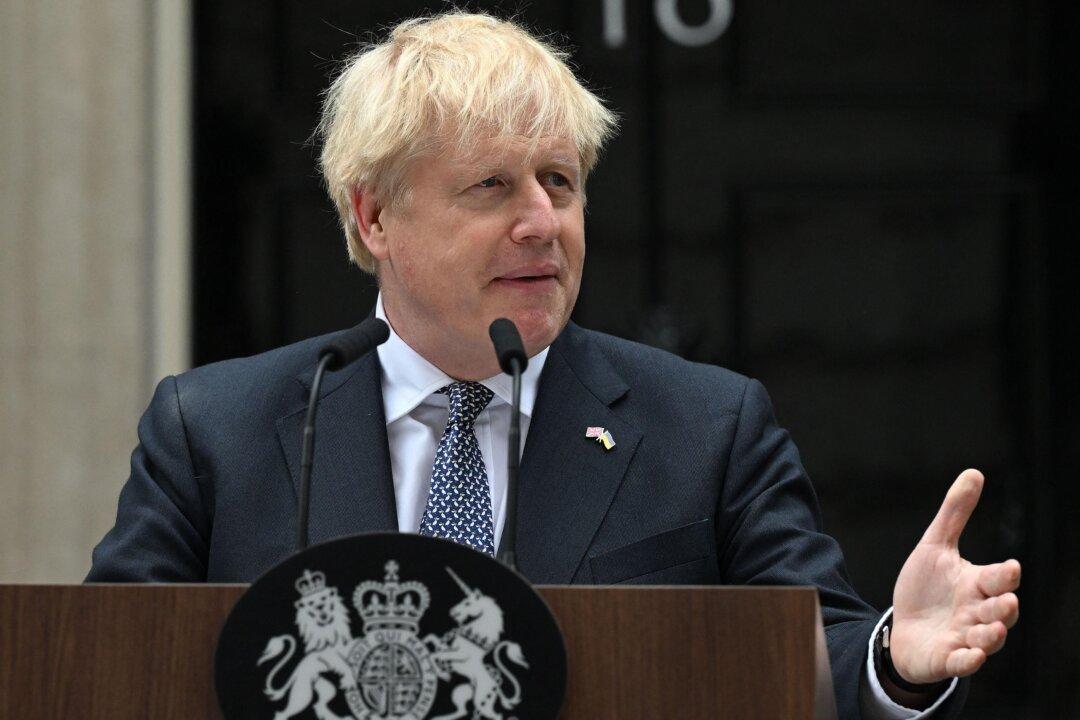Commentary
Governments of the world today are among the least popular institutions on the planet. There are a few possible exceptions such as Sweden, Florida, and South Dakota, places with leadership that chose not to bludgeon its people in the name of virus control. Among all the rest, we see instability and public opposition that is without precedent in our lifetimes.





